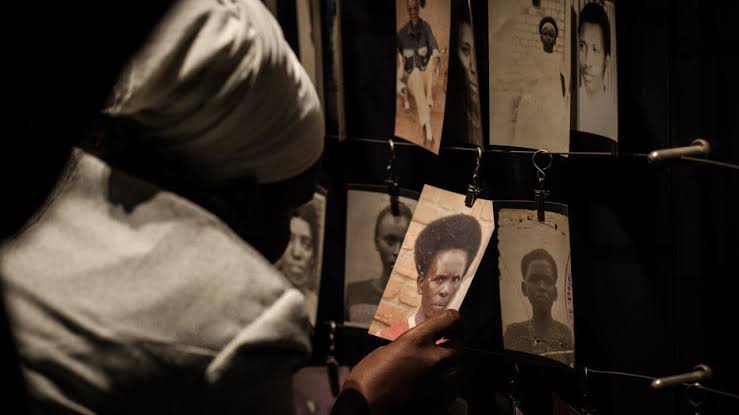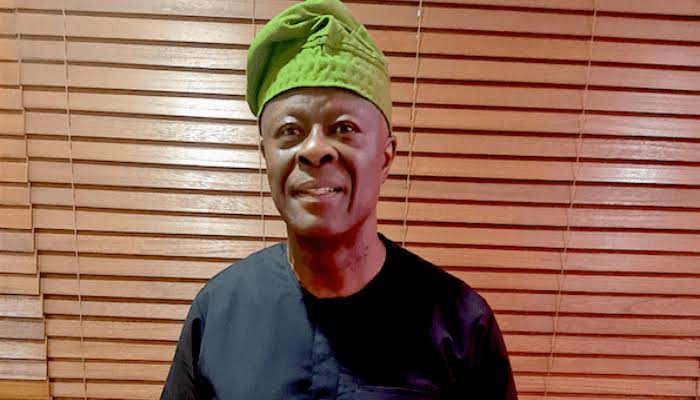News
Rwanda marks 30 years since genocide

By Francesca Hangeior
Rwanda has commenced sombre commemorations for the 30th anniversary of the 1994 genocide, a mass slaughter orchestrated by Hutu extremists against the Tutsi minority over 100 bloody days.
More than 800,000 men, women and children, mainly ethnic Tutsis but also moderate Hutus, were killed in the murderous onslaught that saw families and friends turn against each other in one of the darkest episodes of the late 20th century.
Three decades on, the tiny landlocked nation has rebuilt under the iron-fisted rule of President Paul Kagame, but the traumatic legacy of the genocide lingers, reverberating across the region.
In keeping with tradition, April 7 — the day Hutu extremists and militias unleashed their horrific killing spree in 1994 — will be marked by Kagame lighting a remembrance flame at the Kigali Genocide Memorial, where more than 250,000 victims are believed to be buried.
Kagame, whose Rwandan Patriotic Front (RPF) rebel army helped to stop the massacres, will deliver a speech and place wreaths on the mass graves, with some foreign dignitaries in attendance for what has been dubbed “Kwibuka (Remembrance) 30”.
Sunday’s events mark the start of a week of national mourning, with Rwanda effectively coming to a standstill and national flags flown at half-mast.
During those days, music will not be allowed in public places or on the radio, while sports events and movies are banned from TV broadcasts, unless connected to the commemorations.
The United Nations and the African Union among others will also hold remembrance ceremonies.
“This year, we remind ourselves of genocide’s rancid root: hate,” UN Secretary-General Antonio Guterres said in a message marking the anniversary.
“To those who would seek to divide us, we must deliver a clear, unequivocal and urgent message: never again.”
The international community was heavily criticised for failing to protect civilians, with the UN sharply reducing its peacekeeping force shortly after the outbreak of the violence.
The assassination of Hutu President Juvenal Habyarimana on the night of April 6 when his plane was shot down over Kigali triggered the rampage by Hutu extremists and the “Interahamwe” militia.
Their victims were shot, beaten or hacked to death in killings fuelled by vicious anti-Tutsi propaganda broadcast on TV and radio. An estimated 100,000 to 250,000 women were raped, according to UN figures.
Hundreds of thousands of people, mainly ethnic Hutu fearing reprisal attacks, fled in the aftermath of the genocide to neighbouring countries including the Democratic Republic of Congo (DRC).
News
Reps Quiz Federal Polytechnics Damaturu, Mubi, Monguno Over Infractions

By Gloria Ikibah
News
Obasanjo narrates how he escaped becoming drug addict

Former President Olusegun Obasanjo has revealed how he almost became a drug addict.
He spoke in Abeokuta over the weekend at the second edition of ‘Fly Above The High’ anti-drug campaign conference organised by the Recovery Advocacy Network.
Obasanjo stated that smoking during his youthful age led to chronic coughing and almost became an addiction.
The former President, while lamenting the increase in drug abuse among Nigerians and other West Africans, urged Nigerian students and young people to refrain from abusing psychoactive drugs, saying that they ruin life rather than enhance it.
“If I had persisted, I could have become addicted. Once you get involved, it is difficult to get out.
“There’s nothing drug can do for you except destruction.
“We found out that West Africa has equally been a centre for drug consumption in a very bad way. That was more than 10 years ago, so the situation has since gone worse. And whatever applies to West Africa applies to all other parts of Africa,” Obasanjo said.
He cautioned against stigmatization and urged individuals who are already addicted to psychoactive drugs to get help.
News
We saved $20bn after Petrol Subsidy Removal and FX Rate Reforms, Says Finance Minister

Wale Edun, minister of finance and coordinating minister of the economy, says Nigeria has saved $20 billion from petrol subsidy removal and market-based pricing of the foreign exchange rate.
Edun spoke at a ceremony recently held to mark the first 100 days in office of Esther Walso-Jack, head of civil service of the federation, in Abuja.
“An amount of five per cent of GDP is what those two subsidies were costing when there was a subsidy on PMS; when there was petroleum product generally for a long time and when there was a subsidy of foreign exchange. Between them, they were costing five percent of GDP,” he said.
“If you say GDP was on average, let’s say $400 billion. We all know what five percent of that is – $20 billion of funds that could be going into infrastructure, health, social services, education.”
-

 News19 hours ago
News19 hours agoSimon Ekpa: FG’s attempt to extradite self acclimated freedom fighter may hit brickwall
-

 Politics19 hours ago
Politics19 hours agoHardship: PDP Governors seek review of governance policies
-

 Politics19 hours ago
Politics19 hours agoINEC Announces Date To Resume Nationwide Voter Registration
-

 Foreign19 hours ago
Foreign19 hours agoTrump picks Scott Bessent, the ‘investor favorite,’ for Treasury secretary
-

 Metro19 hours ago
Metro19 hours agoNigerian Woman Arrested, Detained In Libyan Capital With 2Kg Of Cocaine
-

 News20 hours ago
News20 hours agoRetired 85-year-old Col bags P.hd
-

 News19 hours ago
News19 hours agoMinimum wage: Yobe Gov approves N70k for workers
-

 Metro18 hours ago
Metro18 hours agoSchool principal suspended in Akwa Ibom over poor feeding of students








